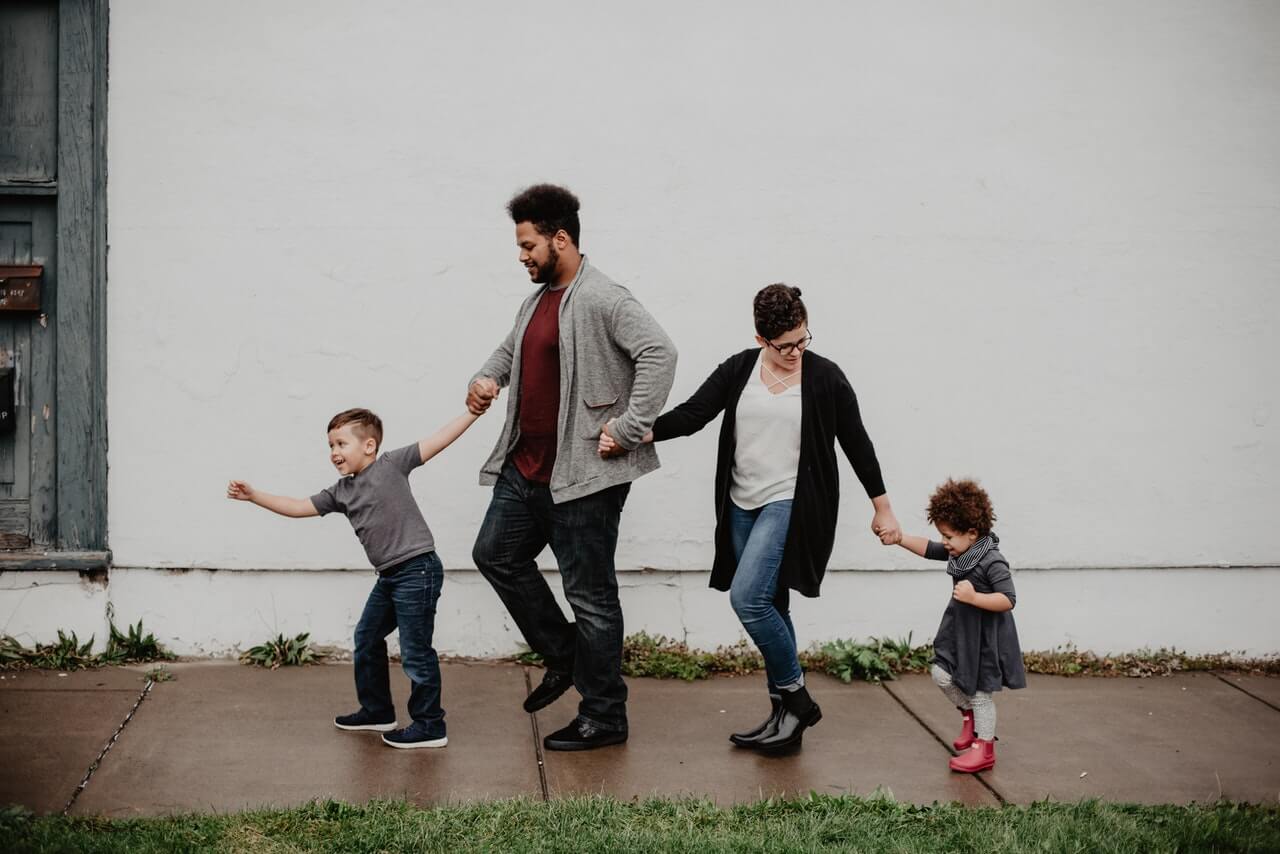Call to schedule a consulation
(260) 244-6900


Families who want to work together in a cooperative environment and save time and money by not being involved in litigation often opt to use family mediation services in Indiana. These are the basic steps involved in family mediation.
Selection of Mediator One great advantage of mediation is that the parties get to select their mediator, so they can choose someone with ample experience in resolving family law mediators, such as Dawn Boyd who has practiced family law as an attorney since 1998. This ample experience has allowed her to develop an in-depth understanding of family law so that she can provide information to families about the risks they take by proceeding with litigation.
After the parties select their mediator, they are instructed about what materials to provide to the mediator beforehand so that she can acquaint herself with the case. The mediator then schedules mediation with the parties at a mutually agreeable time, which is often months before any litigated case would be scheduled.
Introduction At the beginning of the mediation, the mediator describes her role as a neutral facilitator who guides the parties to make a settlement of their family’s legal issues. She does not impose any decisions on the parties. Instead, she helps identify the underlying interests of the parties and ways that the parties can amicably resolve their case.
Private Caucuses During mediation, the mediator may suggest that the parties divide into separate rooms so that the mediator can meet with each party separately. This gives each party the chance to talk about the case in a confidential setting. The parties can often express their frustrations or fears with the mediator who is accustomed to hearing these things and can help provide validation to the parties without these expressions interfering with their ability to amicably resolve their case.
During these sessions, the mediator may go back and forth between each party and share information with the parties that they have permitted her to share.

Joint Sessions Once there are some sources of agreement, the mediator may have the parties participate in a joint session in which the parties and mediator brainstorm possible solutions to their issues. The parties may be encouraged to provide suggestions and not reject any of them outright. Then, the parties and mediator can go through each suggestion and see if it can provide a partial solution.
Agreement Once the parties have hammered out all the details of their agreement, the mediator will type up the agreement with the specific terms that the parties agreed upon. Each party signs the agreement. The parties can then submit the agreement to the court as a negotiated settlement to be incorporated into the court order.
If you would like to learn more about the mediation process or if it is appropriate for your specific case, contact the Law Office of Dawn M. Boyd at (260) 244-6900.
Separation or divorce is never an easy process; however, it does not have to be complicated or costly. If you need a family mediation service in Columbia City, it is possible to find attorneys who provide sufficient problem resolution, not problem escalation.
Family Mediation helps couples resolve issues relating to parenting, separations, and divorce. It can be a broad decision to choose mediation before a relationship becomes adversarial.
Some goals of family mediation include ensuring the safety of all family members, focusing the attention on the best interests of the children, and providing an equal voice to participants. Also, family mediation can reduce the emotional stress of parties, reduce financial costs, minimize conflict, and come to a fair and reasonable (and mutual) agreement.
Before beginning the search for the perfect family mediation service, it can be helpful to make a list of priorities and outcomes. For example, consider what you would like to happen in terms of financial considerations, such as property and asset division, as well as living and custody arrangements.
Asking friends, family, and coworkers forreferrals and recommendations is also a great way to find the perfect family mediator.

Online reviews from trusted review websites can be a great way to start looking for the right family mediator. Besides, do not hesitate to read client testimonials on personal websites as well.
Asking questions is a great way to ensure that your chosen family mediator is right for you. Does the family mediator take the time to answer your questions thoroughly?
Do you feel comfortable with this family mediator? If the answer is no, perhaps it time to keep searching. Ultimately, an attorney, with whom one is not comfortable, will not be of much service. If possible, make an appointment to speak to the mediator in person or over the phone. Many family mediators offer a free consolation.
Finally, one of the most critical steps in choosing a Columbia City mediation service is to ensure that your chosen family mediator is a member of the state bar in good standing, as well as a specialist in family mediation. Many attorneys specialize in multiple areas; ensure that the attorney has experience in family law specifically.
Dawn M. Boys is now accepting new clients and referrals to serve as a family mediator in unrepresented and pro se cases, in Allen, Noble, Kosciusko, Huntington, and Whitley Counties.
If you have already made a decision and you are ready to choose the Law Office of Dawn M. Boyd, give us a call at (260) 244-6900 or contact us online via our handy message form.
Families who want to work together in a cooperative environment and save time and money by not being involved in litigation often opt to use family mediation services in Indiana. These are the basic steps involved in family mediation.
Selection of Mediator
One great advantage of mediation is that the parties get to select their mediator, so they can choose someone with ample experience in resolving family law mediators, such as Dawn Boyd who has practiced family law as an attorney since 1998. This ample experience has allowed her to develop an in-depth understanding of family law so that she can provide information to families about the risks they take by proceeding with litigation.
After the parties select their mediator, they are instructed about what materials to provide to the mediator beforehand so that she can acquaint herself with the case. The mediator then schedules mediation with the parties at a mutually agreeable time, which is often months before any litigated case would be scheduled.
Introduction
At the beginning of the mediation, the mediator describes her role as a neutral facilitator who guides the parties to make a settlement of their family’s legal issues. She does not impose any decisions on the parties. Instead, she helps identify the underlying interests of the parties and ways that the parties can amicably resolve their case.
Private Caucuses
During mediation, the mediator may suggest that the parties divide into separate rooms so that the mediator can meet with each party separately. This gives each party the chance to talk about the case in a confidential setting. The parties can often express their frustrations or fears with the mediator who is accustomed to hearing these things and can help provide validation to the parties without these expressions interfering with their ability to amicably resolve their case. During these sessions, the mediator may go back and forth between each party and share information with the parties that they have permitted her to share.

Joint Sessions
Once there are some sources of agreement, the mediator may have the parties participate in a joint session in which the parties and mediator brainstorm possible solutions to their issues. The parties may be encouraged to provide suggestions and not reject any of them outright. Then, the parties and mediator can go through each suggestion and see if it can provide a partial solution.
Agreement
Once the parties have hammered out all the details of their agreement, the mediator will type up the agreement with the specific terms that the parties agreed upon. Each party signs the agreement. The parties can then submit the agreement to the court as a negotiated settlement to be incorporated into the court order.
If you would like to learn more about the mediation process or if it is appropriate for your specific case, contact the Law Office of Dawn M. Boyd at (260) 244-6900.

Address: 55 Diplomat Drive, Suite E, Columbia City, Indiana 46725
Phone: (260) 244-6900
Email: info@dawnboydlaw.com
© Copyright by Dawn Boyd All rights reserved. Disclaimer | Sitemap